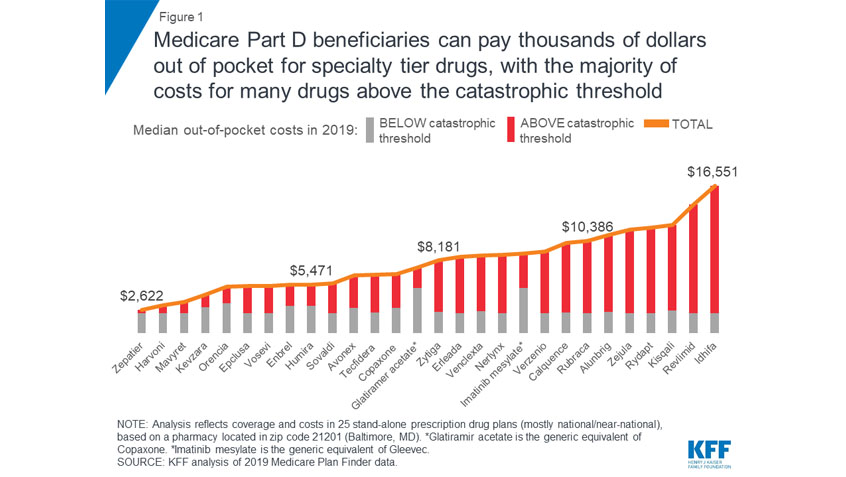
Recent Trends in Drug Pricing Show Stark Differences in Brand-Name and Generic Drug Affordability
A new report from the AARP Public Policy Institute (PPI) examines trends in prices for 390 generic prescription drugs widely used by older adults. The report found that retail prices for these drugs fell by an average of 9.3% between 2016 and 2017; the general inflation rate rose by 2.1% during the same period. This follows two consecutive years of substantial generic drug price decreases; the previous two years saw prices increase.










